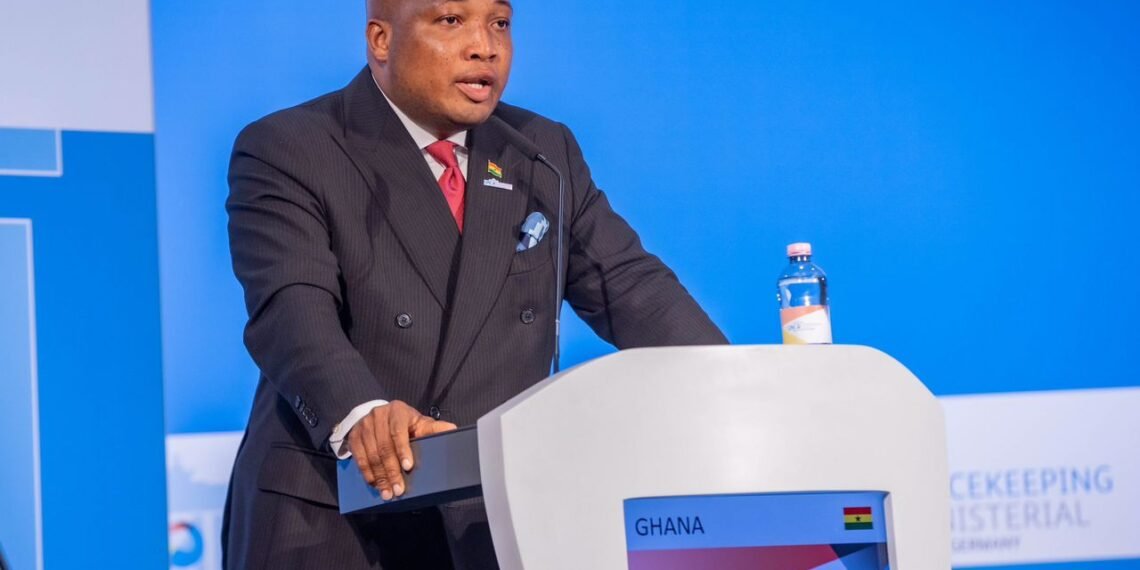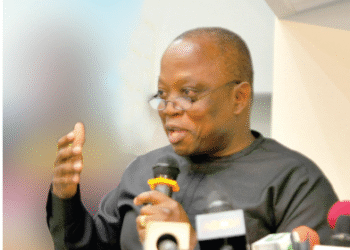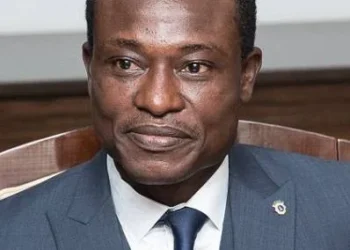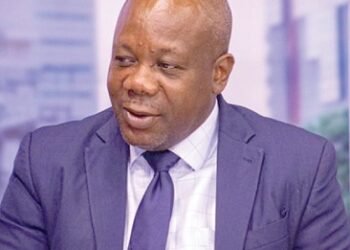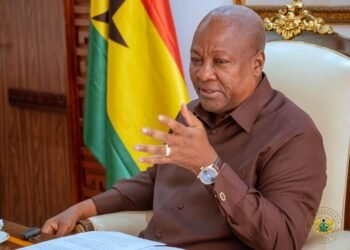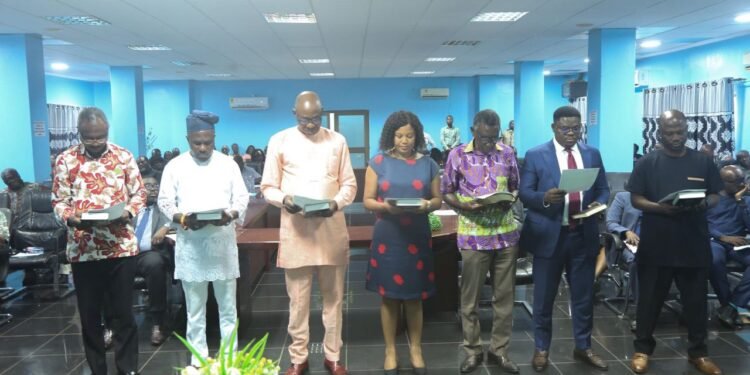Ghana’s Minister for Foreign Affairs, Hon. Samuel Okudzeto Ablakwa, has clarified that the country’s decision to accept a limited number of West African nationals deported from the United States is not transactional but rooted firmly in humanitarian principles and Pan-African solidarity.
Speaking at the Government Accountability Series at the Jubilee House, the Minister emphasized that no financial compensation or material benefit is attached to this arrangement, stressing that the government acted on moral responsibility and Ghana’s historic role as a beacon of Pan-Africanism.
“Our decision is grounded purely on humanitarian principles and Pan-African solidarity — to offer temporary refuge where needed, to prevent further human suffering, and to maintain our credibility as a responsible regional actor”.
Ghana’s Minister for Foreign Affairs, Hon. Samuel Okudzeto Ablakwa
He urged the public to see Ghana’s decision in the broader context of African solidarity, drawing parallels with Rwanda, Eswatini, Uganda, and South Sudan, which have also opened their doors to fellow Africans in distress.
“Ghana’s decision must be understood as an act of Pan-African empathy. It is not transactional. And this should not be misconstrued as an endorsement of the immigration policies of the Trump administration”.
Ghana’s Minister for Foreign Affairs, Hon. Samuel Okudzeto Ablakwa
The Minister further reminded Ghanaians of the country’s long-standing tradition of hospitality and leadership in Pan-Africanism. “Since the days of our forebears, Ghana has hosted freedom fighters, welcomed all Africans in the diaspora, offered them safe haven, resources, citizenship, and even our passports. That is why we are seen as the maker of Pan-Africanism. We shall not depart from that inspiring track record,” he affirmed.
The matter first came to public attention during President John Dramani Mahama’s inaugural media engagement on September 10, 2025, where he disclosed that Ghana had received a request from the United States to host some deported individuals of West African origin.

According to the President, his administration agreed to the request only on the condition that the deportees were indeed nationals of West African countries. He revealed that the first batch, numbering 14 people, had already arrived in Accra. Among them were nationals of Nigeria and The Gambia, who were subsequently assisted to return to their home countries.
Further Context
Providing further context at the Jubilee House, the Foreign Minister explained that many of these individuals had been detained in the United States under conditions described as “psychologically and physically distressing.”
Without Ghana’s intervention, there was the looming risk that they might have been deported to countries lacking the stability and human rights record Ghana is known for.
“You need to note that President Trump has secured a positive verdict from the U.S. Supreme Court, such that he could go ahead and remove these nationals and dump them anywhere.
“As a nation that upholds the dignity and rights of all people, particularly those of African descent, Ghana’s action was guided solely by our moral responsibility, our legal obligations under the 1992 Constitution and ECOWAS protocols, and our distinguished Pan-African track record.”
Ghana’s Minister for Foreign Affairs, Hon. Samuel Okudzeto Ablakwa
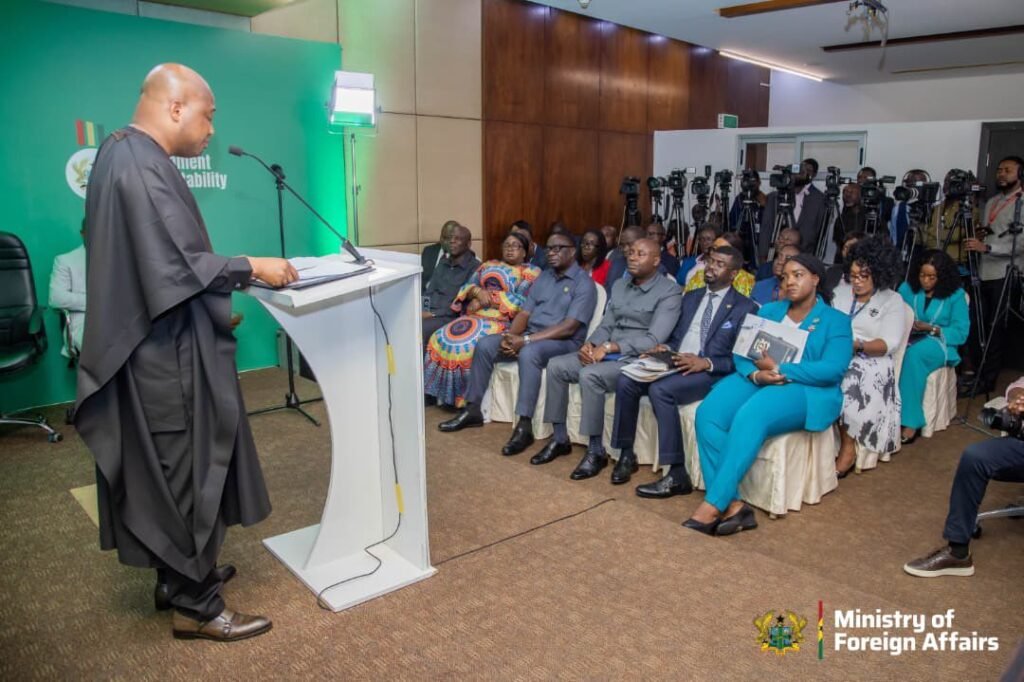
The Minister stressed that under this understanding with the U.S., Ghana is not obligated to accept deportees without scrutiny. Each individual proposed for deportation must first undergo an independent vetting process conducted by Ghanaian authorities to ensure they do not pose any threat to national security or public safety.
“We have put in place strict safeguards to ensure that convicted hardened criminals cannot be brought into our country under this understanding”.
Ghana’s Minister for Foreign Affairs, Hon. Samuel Okudzeto Ablakwa
No Compromise of National Security
The assurance comes against the backdrop of concerns raised by sections of the public over whether deportees could include individuals with criminal records. To this, the Minister reiterated that the Mahama administration “will never compromise the safety and well-being of Ghanaians.”
The decision, according to the Minister, was not unilateral but had been discussed extensively at Cabinet level and reviewed by the Attorney General. Addressing questions about parliamentary oversight, the Minister explained that by established convention, Memoranda of Understanding (MOUs) are not sent to Parliament for ratification.
“I have inherited hundreds of MOUs from the previous administration which were not sent to Parliament for ratification,” he said. However, he assured the public that should this initial understanding evolve into a comprehensive agreement, the government would fully comply with Article 75 of the Constitution by seeking parliamentary approval.
Transparency, the Minister added, has been at the core of President Mahama’s handling of the matter. “President Mahama carried out full disclosure at his media encounter because he is a staunch believer in the principles of transparency and accountability. In addition, he has absolutely nothing to hide on this matter,” he said.
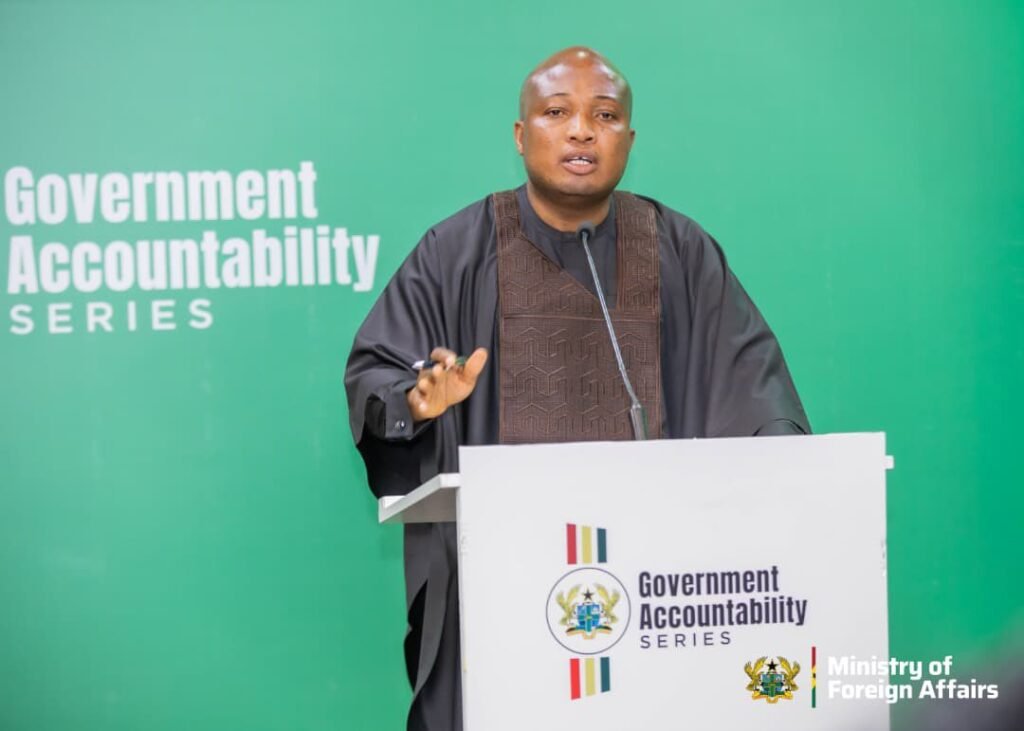
The remarks underscore Ghana’s determination to balance compassion with vigilance, standing by its principles while safeguarding the nation’s security.
The Minister reaffirmed that the government’s acceptance of deportees is not a transactional deal but an expression of solidarity with Africans in need, consistent with Ghana’s identity as a moral and Pan-African leader.
READ ALSO: Oil Prices Rise as Ukraine Hits Russian Refineries and Trump Threatens Sanctions

